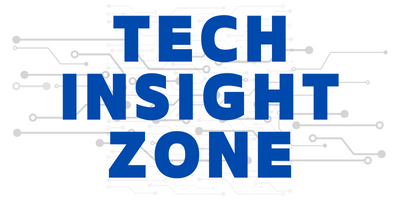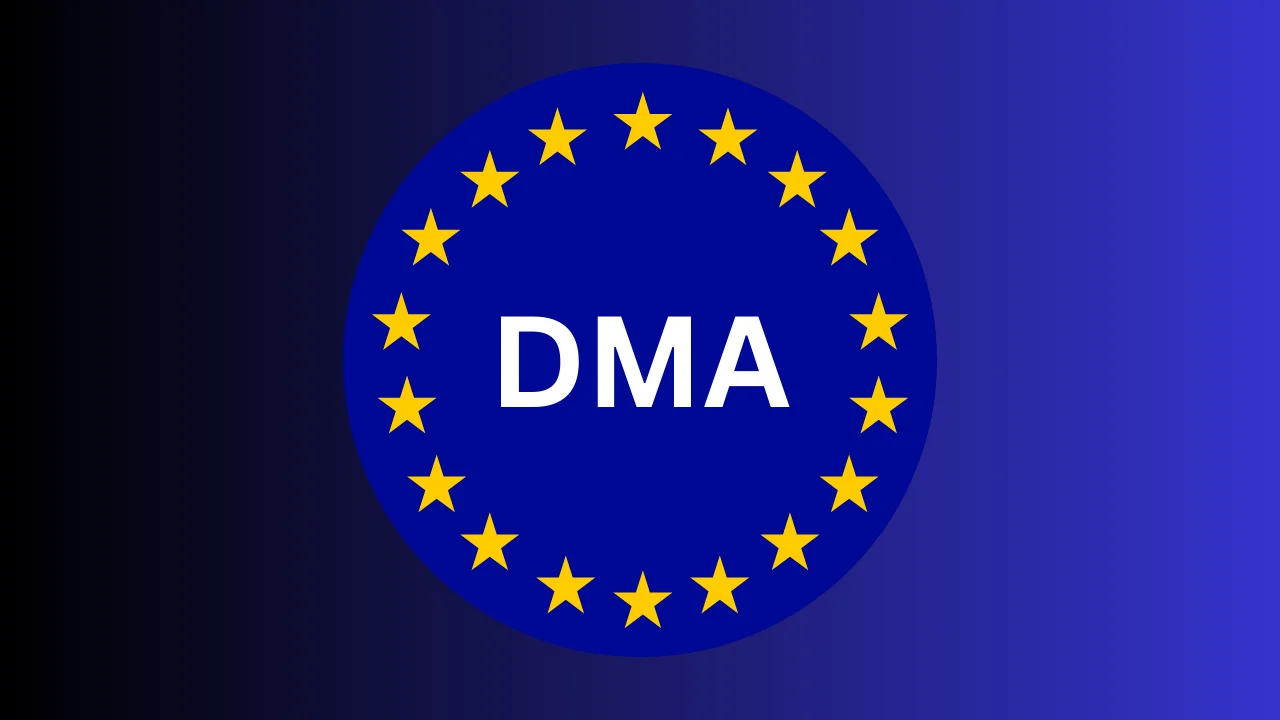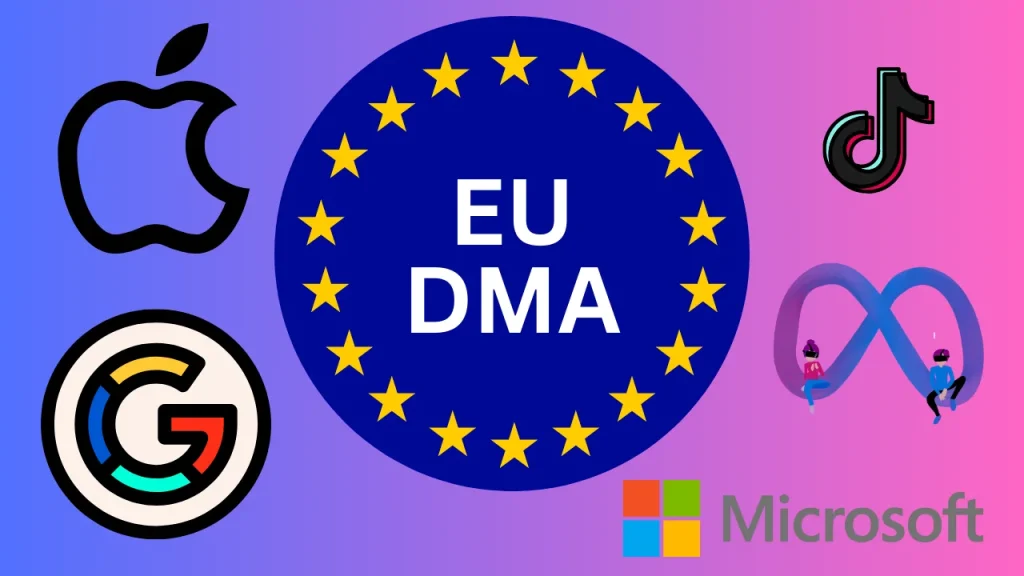The European Union (EU) has delivered a seismic jolt to the tech industry with the implementation of the Digital Markets Act (DMA).
This landmark legislation aims to dismantle the dominance of major tech companies and cultivate a more equitable digital marketplace for European users and smaller businesses.
Tech Titans Face a Reckoning
The DMA mandates that tech giants like Apple, Google, Meta (Facebook), Microsoft, and TikTok operate with a newfound emphasis on transparency and fairness. No longer can these companies prioritize their own products and services. Users will now have greater control over their data and the choices they navigate within the digital realm.
Here is what’s going on in a nutshell:
App Store Revolution: A Double-Edged Sword
Apple and Google have been forced to undergo significant revisions to their app store policies. Users can now download apps from outside their previously walled gardens (sideloading), potentially fostering increased competition and innovation.
Additionally, developers are now empowered to integrate alternative payment systems within apps, a development that could lead to lower prices for consumers. However, Google’s decision to impose a fee on sideloaded apps has raised concerns.
Industry observers are questioning whether this represents a genuine shift towards a more open ecosystem or a veiled attempt to recoup lost revenue through a new channel.
2. Apple’s Epic Feud Takes a Surprising Turn
The DMA compelled Apple to allow Epic Games’ competing app store on iPhones. This initially appeared to be a victory for fair competition. However, Apple swiftly countered by blocking Epic’s developer account. This move casts a shadow of doubt on Apple’s commitment to the spirit of the DMA and its dedication to fostering a competitive app market.
3. Meta Prioritizes User Privacy in a Welcome Move
In a positive development for user data security, Meta is allowing other messaging apps to interact with WhatsApp and Messenger. However, there’s a crucial caveat: these apps must adhere to stringent privacy protocols to ensure user data remains protected. This could represent a significant stride forward for data security within the social media landscape.
4. Microsoft Empowers Users with Enhanced Control
Microsoft is granting its users greater autonomy by enabling them to effortlessly download their data and uninstall specific pre-installed apps bundled with the Windows operating system. This increased control empowers users to manage their digital footprint and personalize their experience.
Uncertainties Loom on the Horizon
The long-term impact of the DMA on European users and the tech landscape remains shrouded in some uncertainty. While aspects like increased user control and potentially lower app prices appear beneficial, others, like Google’s sideloading fee, raise concerns.
The DMA has the potential to become a blueprint for regulating big tech companies worldwide. We can expect to see a surge in legal battles as companies grapple with these new regulations and adapt their business models.
In conclusion, the DMA marks a pivotal moment for the tech industry in Europe. Its success in fostering a truly fair and competitive digital marketplace hinges on the effectiveness of enforcement and how companies adapt to this new regulatory landscape in the coming years.
This is a story in development, and its ultimate impact on the global tech scene remains to be written.
Furthermore, as Big Tech juggles compliance with Europe’s latest regulations, the quest for ethical efficiency takes center stage. Dive deeper into how Bria leverages NVIDIA’s cutting-edge technology to pioneer ethical content creation in the AI revolution.
Explore the intertwined narratives of regulatory adaptation and technological innovation shaping the digital landscape.





